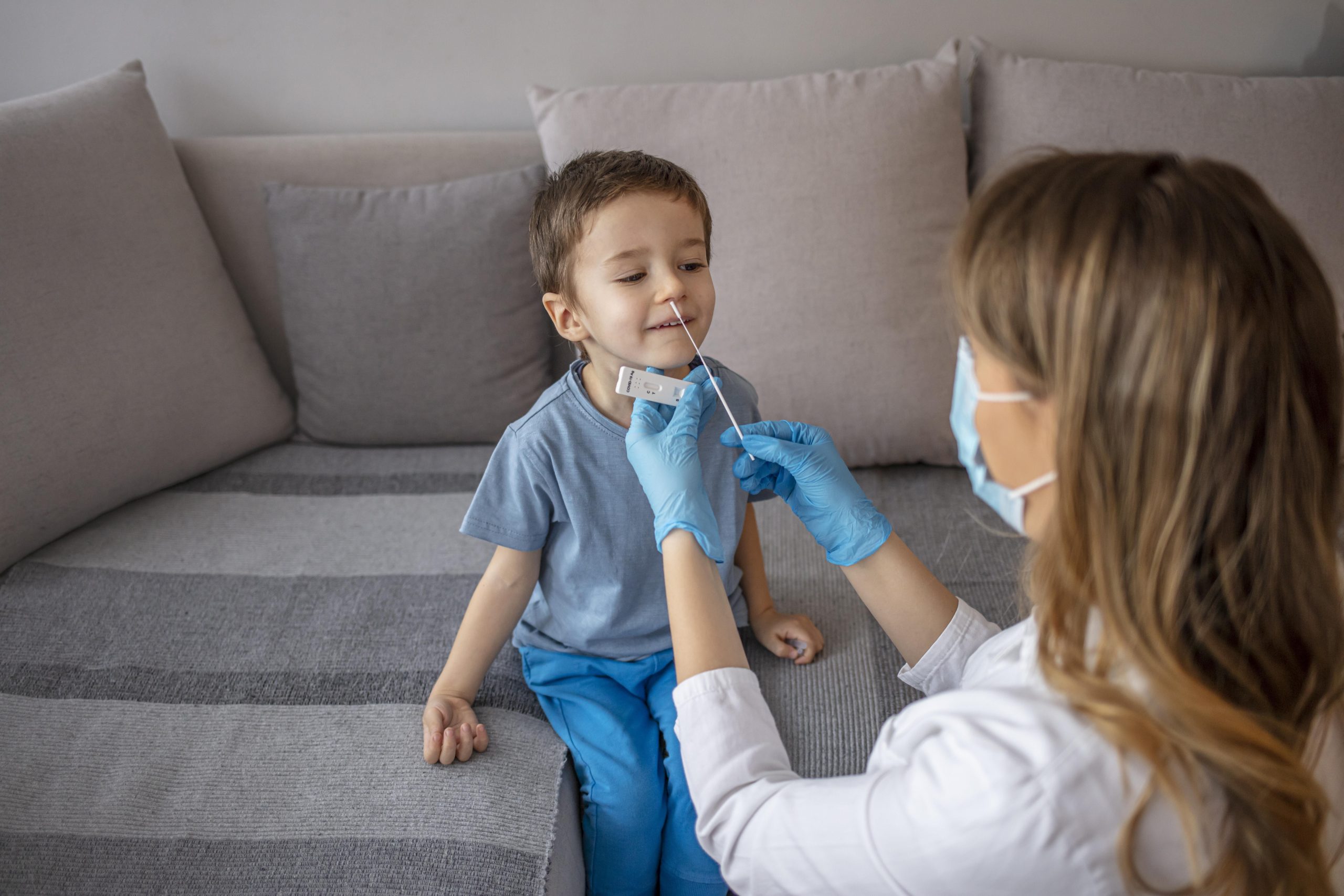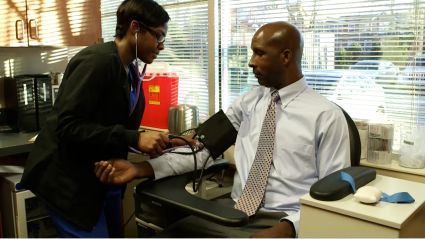
FRIDAY, Nov. 4, 2022 (American Heart Association News) — Cardiac arrest deaths have dropped significantly in the U.S., except in Black and rural communities, according to new research. Cardiac arrest is when the heart stops beating unexpectedly. A heart attack can trigger cardiac arrest, but so can other heart and non-heart issues. Higher bystander CPR… read on > read on >


















